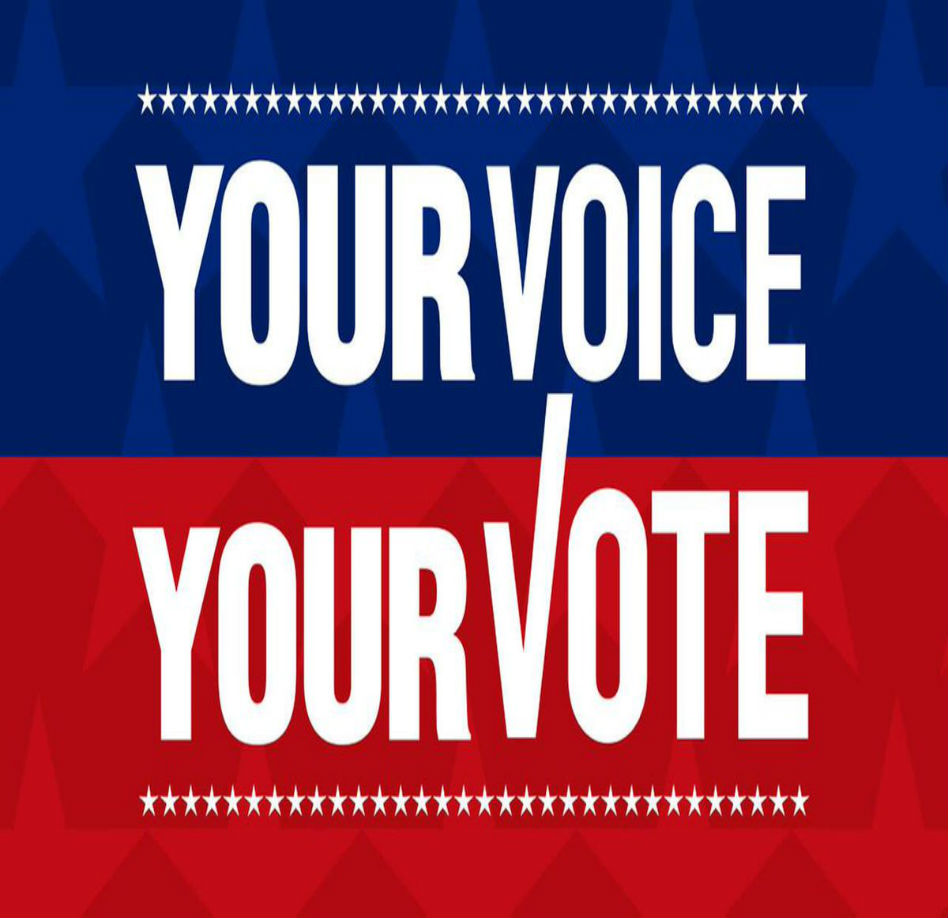How to Vote as an American Living Abroad
How to Vote as an American Living Abroad

Voting from outside the United States is easier than you might think. Here’s how to make your voice heard in the November midterm elections.
Here’s how to make your voice heard.
Can I vote in the November midterms?
Yes. Most United States citizens 18 or older who live overseas are allowed to vote for federal offices like president, senator and representative, including in the midterm elections on Nov. 6. Some states also allow overseas citizens to vote on state and local races and initiatives. And no matter how long it’s been since you last voted, you can still do it.
How do I register?
To ensure that you stay on your state’s voting rolls, it’s a good idea to register and request your absentee ballot at the beginning of each calendar year and any time you change address. The registration form is called the Federal Post Card Application. The easiest way to fill it out is through websites like the government-run Federal Voting Assistance Program, the nonpartisan Overseas Vote Foundation or VoteFromAbroad.org, a nonpartisan site run by Democrats Abroad. All three sites will guide you through the process.
After you’ve finished, print, sign and date the form and follow the instructions for returning it. Some states allow voters to request ballots and return them by fax or email. You should also contact your local election office to make sure your ballot request was received.
Which state do I vote in?
Generally, use your last residential address in the United States as your voting address, even if it’s somewhere you no longer have ties. No mail will be sent there. You may also be able to use the address linked to a valid driver’s license or state-issued I.D.
You can also change your place of registration, subject to state residency requirements, but keep in mind there may be tax implications.
When should I register, request my ballot and return it?
As soon as possible. Registering early each year ensures that you receive ballots for all primary, general and special elections. Deadlines vary by state.
Instructions also vary by state for how to sign the envelope or an enclosed affidavit, so make sure you follow them carefully. Contact your local election office if you don’t get a confirmation that your ballot has been received.
What about members of the military?
Service members and spouses who are stationed overseas cannot vote at their military installations and should follow the same process for registering and requesting an absentee ballot. This list provides recommended dates for mailing your ballot based on your location. Help is also available at Installation Voter Assistance Offices.
What if I’m studying abroad?
If your school is outside your home state, you can register in either place (but not both), subject to state residency requirements. The Campus Vote Project has student guides for individual states. Follow the same process for registering and requesting an absentee ballot.
What if I’ve never lived in the United States?
Most states allow Americans who have never resided in the United States to use the voting address of a citizen parent.
Hope the above is helpful.
Happy Voting!
Source: The New York Times



